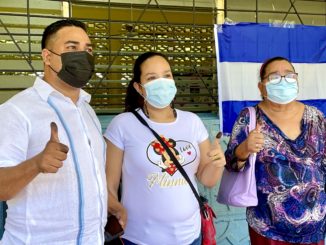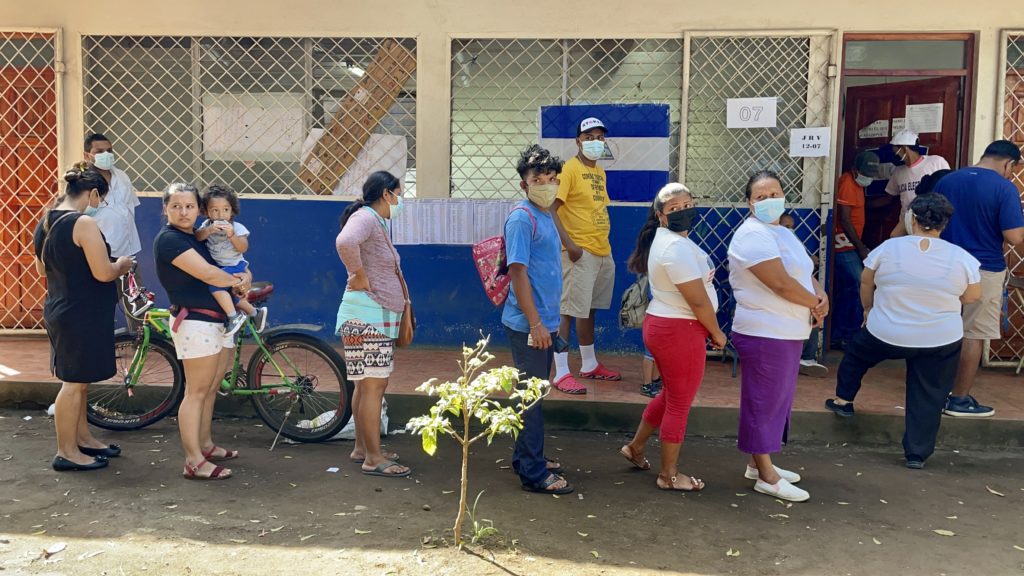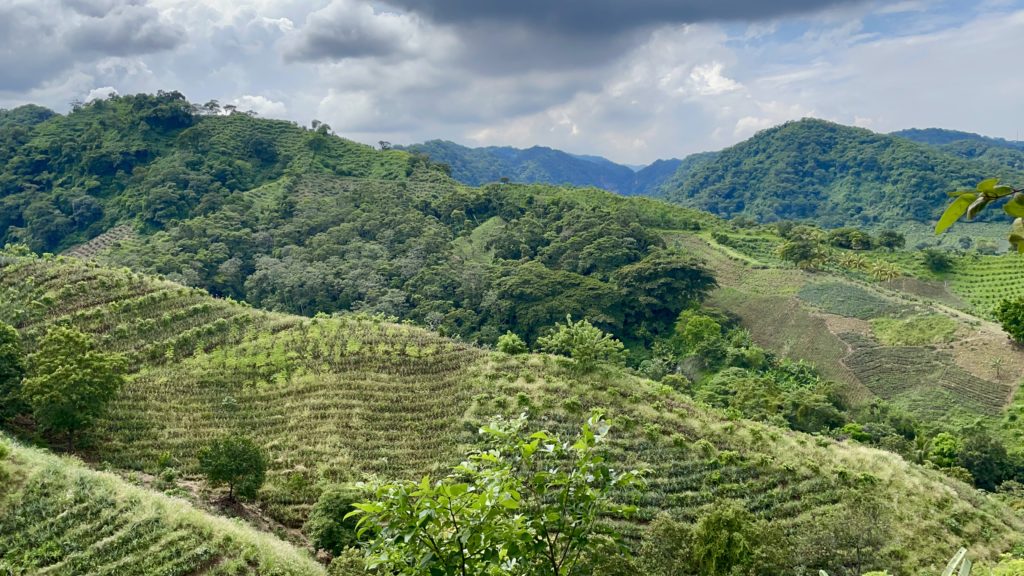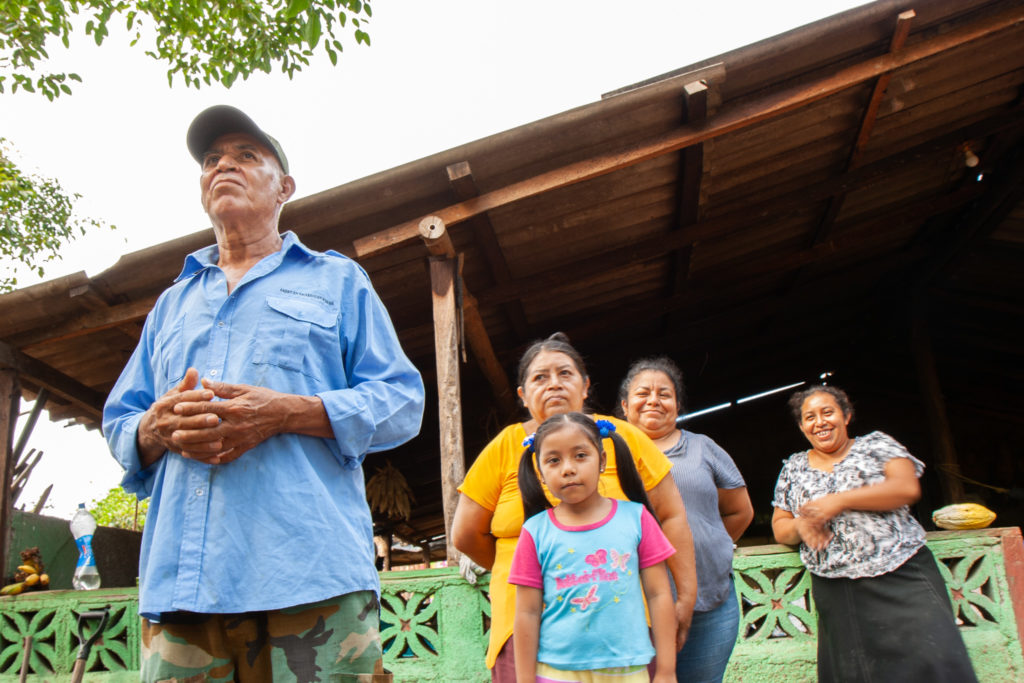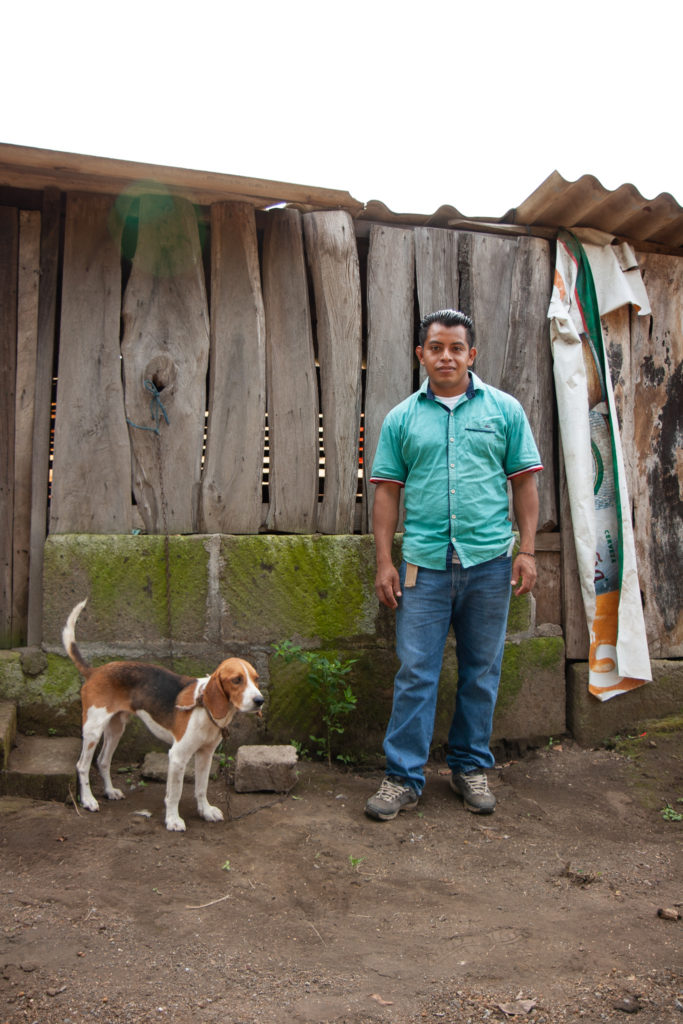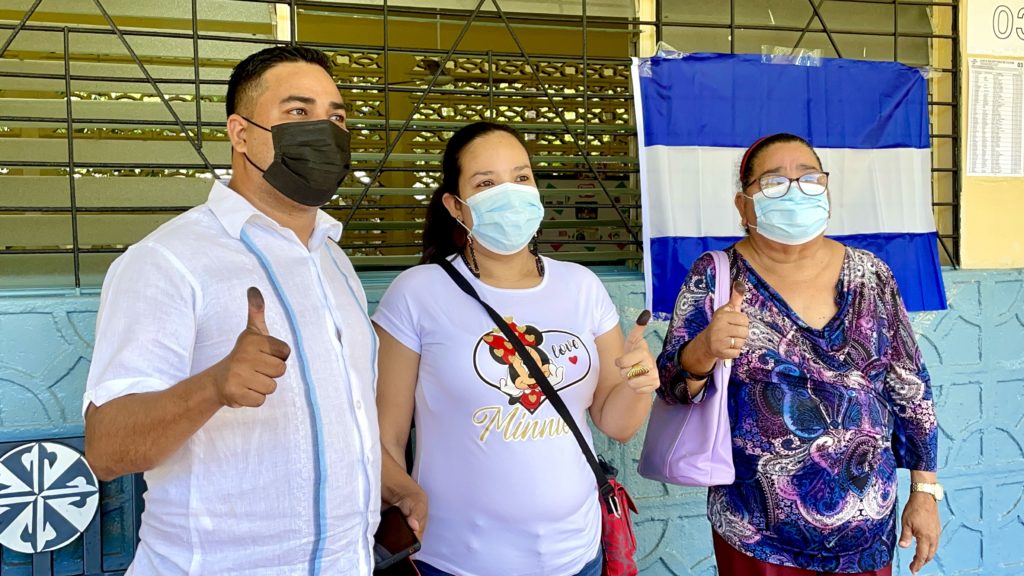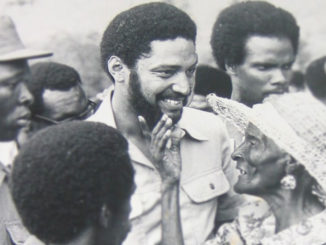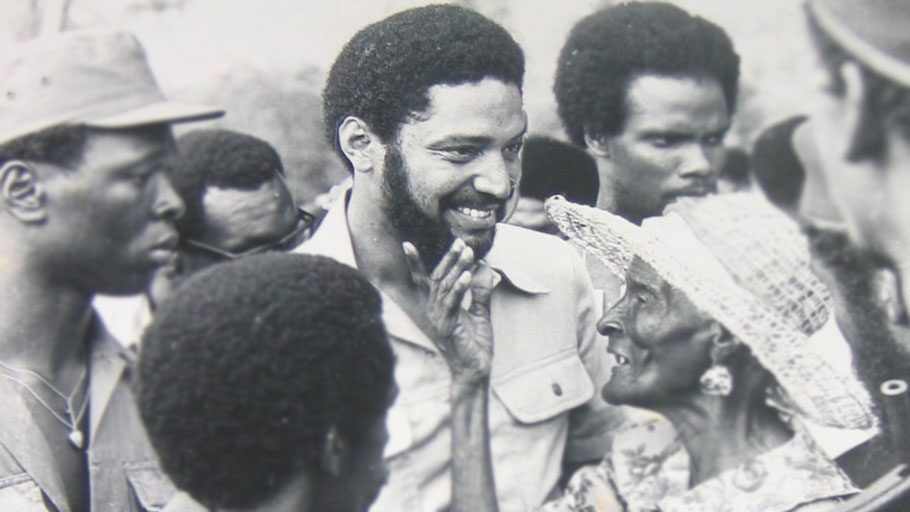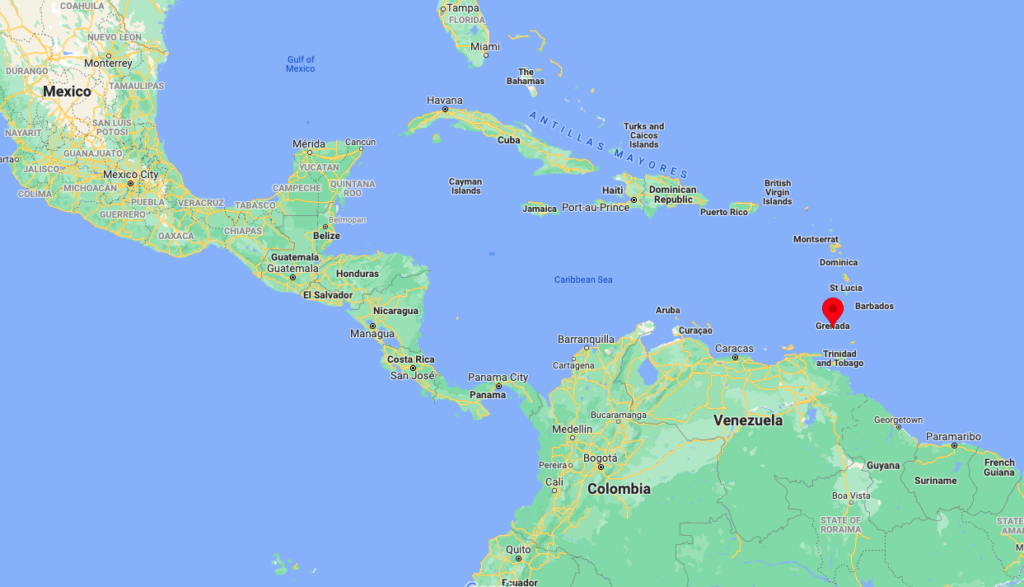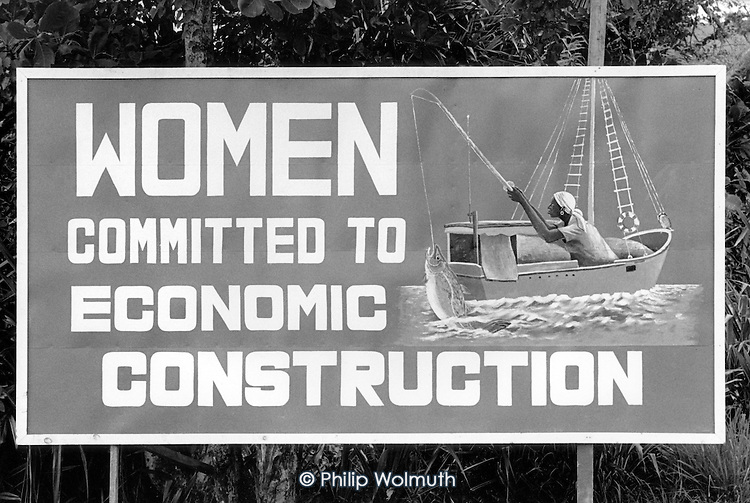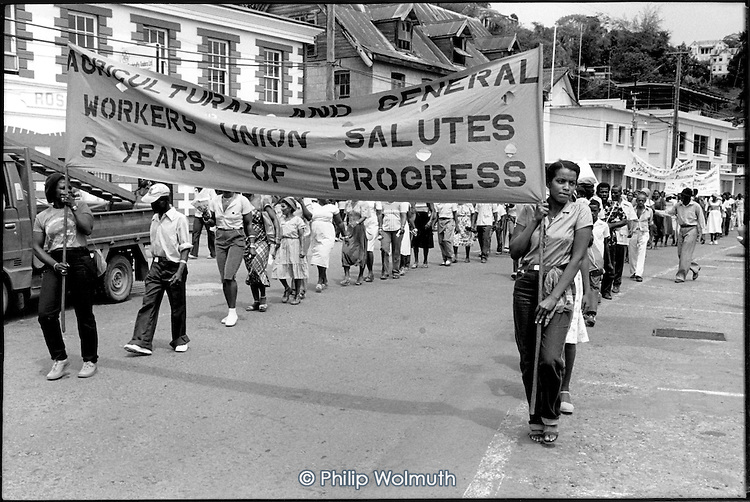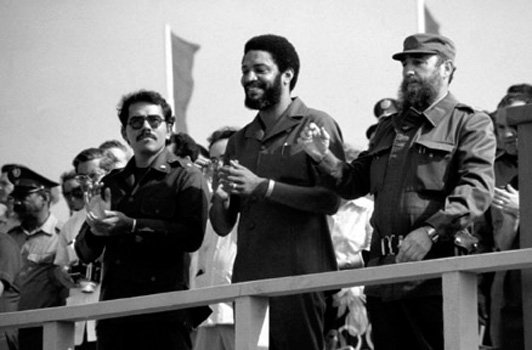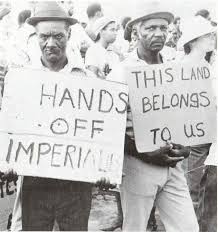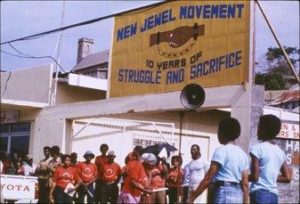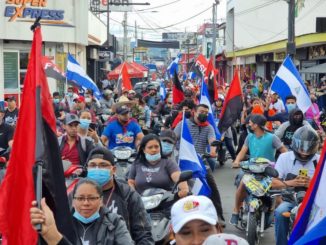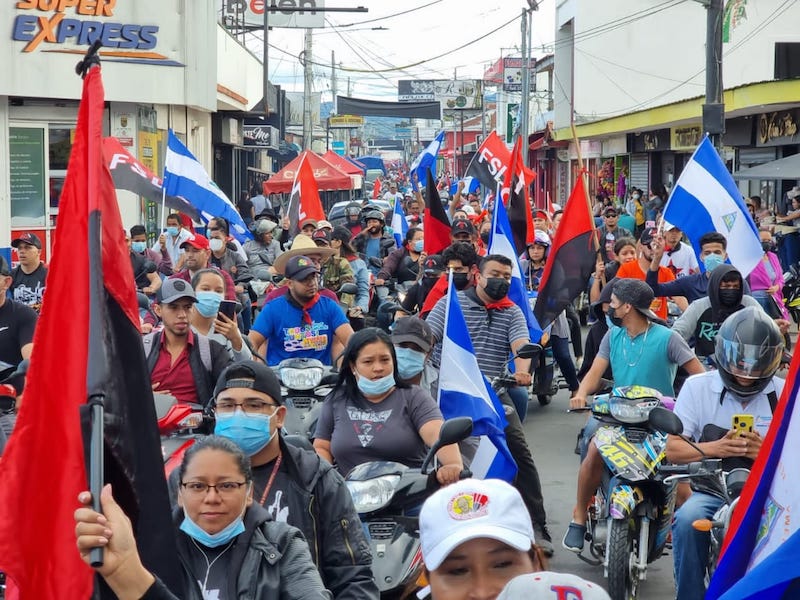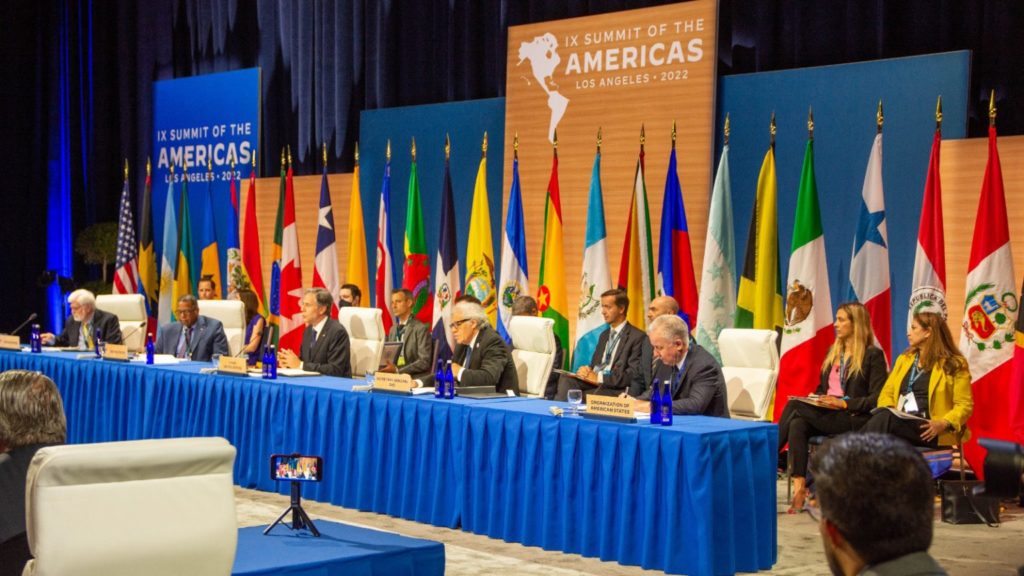
Editor’s Note: This piece was produced by Globetrotter.
June 7 was a bad day for Luis Almagro, secretary-general of the Organization of American States (OAS). During the ninth Summit of the Americas, a young man declared to him what he is: An assassin and puppet of the White House, instigator of the coup in Bolivia.
A @pslweb activist disrupts OAS chief Luis Almagro at a Summit of the Americas event, calling out his role in the 2019 Bolivia coup.
The coup overturned the victory of the elected socialist president Evo Morales and inaugurated a right-wing reign of terror that left scores dead. pic.twitter.com/xiSeLP880Q
— BreakThrough News (@BTnewsroom) June 8, 2022
He said that Almagro cannot come to give lessons on democracy when his hands are stained with blood. In another room at the summit in Los Angeles, Secretary of State Antony Blinken seemed to be doing no better: several journalists rebuked him for using freedom of the press to provide cover for the murderers of journalists and for sanctioning and excluding certain countries from this meeting. “Democracy or hypocrisy?” could be heard over the loudspeaker that day.
Democracy or hypocrisy?
Governments that disagree with the US like Cuba, Venezuela & Nicaragua are excluded from the Summit — while Haiti’s unelected “leader,” who may have murdered his predecessor, gets the red carpet. @EugenePuryear confronts Sec. Blinken pic.twitter.com/eDgXeRHvzU
— BreakThrough News (@BTnewsroom) June 8, 2022
In reality, this stormy summit began with a large diplomatic stumble for the United States, when several Latin American presidents announced that they would not participate in the summit because of the exclusion of Cuba, Venezuela, and Nicaragua, as dictated by the White House, while the U.S. State Department still claims the open and unrestricted nature of the meeting’s call. Its website says, “Throughout, the United States has demonstrated, and will continue to demonstrate, our commitment to an inclusive process that incorporates input from people and institutions that represent the immense diversity of our hemisphere, and includes Indigenous and other historically marginalized voices.”
Hypocrisy seems to be the glue of this summit, and mainstream U.S. media and analysts declared the June 6-10 meeting a failure before it even started. On June 7, the Washington Post assured readers that “This week’s Summit of the Americas in Los Angeles will be remembered for its absences rather than its potential agreements,” focusing its attention on Mexican President Andrés Manuel López Obrador, who was the most mentioned political figure in U.S. networks and media on June 7 and 8, even more than U.S. President Joe Biden, according to statistics from Google Trends. Richard N. Haass, who was the adviser to former Secretary of State Colin Powell and director of policy planning for the State Department, summed up the disaster superbly in a tweet: “The Summit of the Americas looks to be a debacle, a diplomatic own goal. The U.S. has no trade proposal, no immigration policy, and no infrastructure package. Instead, the focus is on who will and will not be there. Unclear is why we pressed for it to happen.”
The Summit of the Americas looks to be a debacle, a diplomatic own goal. The US has no trade proposal, no immigration policy, & no infrastructure package. Instead, the focus is on who will & will not be there. Unclear is why we pressed for it to happen. https://t.co/d431ffbcnw
— Richard N. Haass (@RichardHaass) June 7, 2022
As can be expected of a meeting for which the invitation list had not been declared just 72 hours before it began, apathy seems to dominate the debate rooms, to which almost no one goes, according to witnesses. Even so, the United States government did not miss an opportunity to secure the appearance of participation by the civil society groups on which it bets, and it met with the envoys from Miami, paid for by USAID, and awarded them with more money. During the summit, Blinken promised a new fund of $9 million to support “independent journalism” to those who already receive $20 million a year for promoting “regime change” in Cuba.
This political pageantry is happening in what is essentially a bunker, because the Los Angeles Police received more than $15 million to police the summit and militarize a city famous for its homelessness and belts of poverty. The U.S. Democratic Party elite, meanwhile, remain out of touch with the reality of their own country, shaken by daily massacres, increasingly powerless to meet the expectations of citizens, and with most decisions and legislative projects stalled. They are replicating the clichés of the Monroe Doctrine—America for the Americans—and demonstrating what appears to be a commitment to isolationism with respect to Latin America.
The United States rarely takes into account the differentiating features of its Latin American neighbors: cultural, linguistic, religious, and traditional—in short, those that grant and promote a genuine way of understanding life and its miracles. It might seem incomprehensible at this point, but the U.S. foreign policy toward Latin America is articulated and carried out from exclusively ideological approaches, with simplistic decisions that end up harming everyone—including and especially the United States itself.
Defying the storm, the People’s Summit for Democracy has been installed at the doors of the meeting of the friends of the White House. Sponsored by some 250 organizations, most of which are local unions, the counter-summit is marching through the streets of Los Angeles on June 10, whether or not the authorities, who have done everything possible to silence the alternative meeting, give permission. But the media blockade is not having the expected success. Almagro and Blinken have gone viral on social media for reasons beyond their control, and they will not be the last to prove firsthand what the outrage of the excluded looks like.

